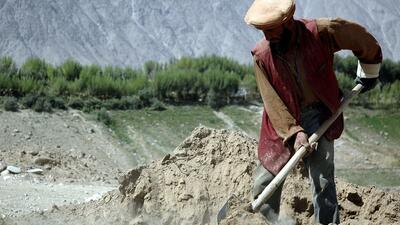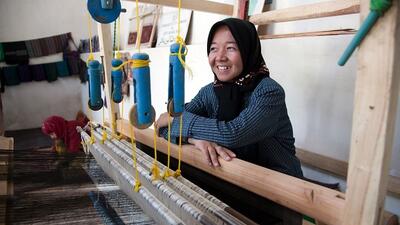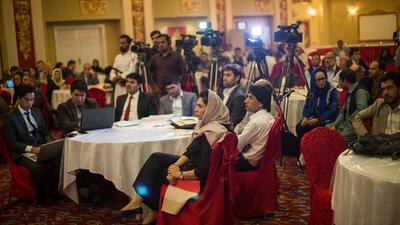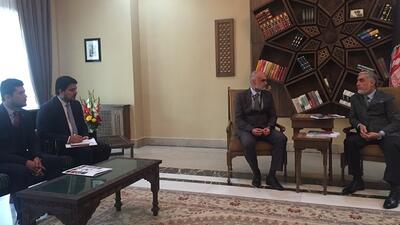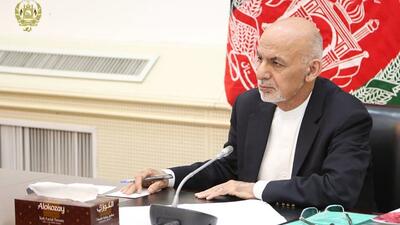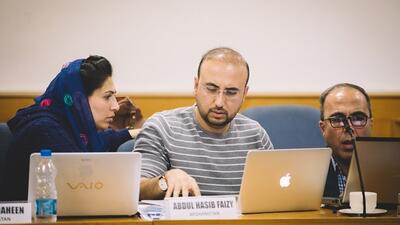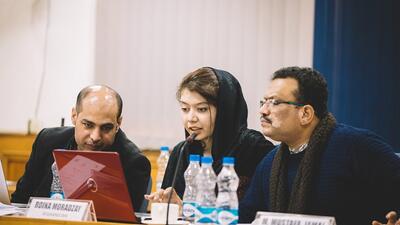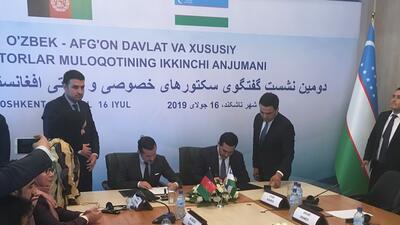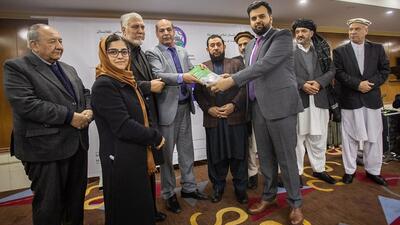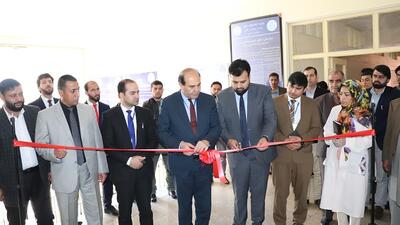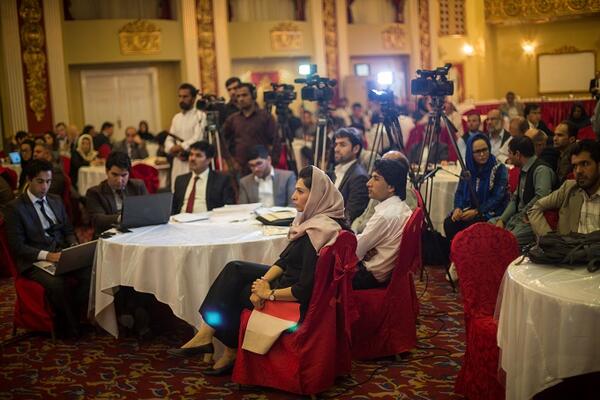
Kabul meeting completes effort to finalise National Export Strategy priorities
(Kabul/Geneva) – At a meeting in Kabul, Afghanistan on 3 October representatives from the Afghan public and private sectors have agreed on the Plan of Action for the country’s National Export Strategy (NES). The NES is intended as a roadmap for the joint efforts of the Government of Afghanistan, the private sector and its international development partners to increase competitiveness of the Afghan export sector, with a focus on socio-economic growth, private sector development, investment promotion, investor protection and economic diversification.
Following the first NES large stakeholders’ consultation in February 2017, the Afghan public and private sectors have come together to support the vision of ‘Peace through Prosperity, Prosperity through Trade’ as the country continues on the road to trade-led growth, development and ultimately peace.
The NES is a central component of the Advancing Afghan Trade project, a trade-related support programme funded by the European Union and implemented by the International Trade Centre (ITC) in support of Afghanistan’s Ministry of Commerce and Industries.
The following strategic pillars have now been identified as crucial in providing a framework for developing solutions over the next five years:
• Nurturing the emergence of a productive, resilient private sector known for quality and innovative products;
• Fostering the development of a conducive business and investment climate;
• Enhancing in-market support and strengthening the capabilities of enterprises to harness trade information and market intelligence;
• Supporting state- and peace-building through inclusive and equitable economic growth.
Priority sectors have been selected based upon their export potential and the contribution they make to employment and socio-economic development. These sectors include dried fruits and nuts, fresh fruits and vegetables, saffron, marble and granite, carpets, handicrafts and professional services.
In addition to the priority sectors, five trade competitiveness functions have been identified: Quality Management, Trade Facilitation, Access to Finance, Skills Development and Trade Promotion. These functions offer critical support across the value chain and are essential towards development of the sectors and will also ensure that the spill-over effect of the NES goes beyond just the priority sectors.
The finalization of the NES’ Plan of Action is a crucial step towards its endorsement by Afghanistan’s High Economic Council (HEC). It follows an eight-month long stakeholder consultation process during which over 500 Afghan industry leaders, small business owners and public sector officials have held talks to reach consensus on key sector competitiveness issues and priority activities. These participatory and inclusive platforms have been held throughout the country, including in Kabul, Mazar-e-Sharif, Herat and Kandahar, and were complemented by dozens of bilateral meetings with industry experts and key regional buyers, as well as factory visits.
Mr. Humayoon Rasaw, Afghanistan’s Minister of Commerce and Industries, said: ‘This last consultation marks the finalization of Afghanistan’s National Export Strategy, which is extremely timely as the export competitiveness of Afghanistan assumes particular importance in this period of economic transition. It is important to find ways to create economic opportunities generate employment, improve the business environment and explore means to sustainable growth.’ Turning to the future, he said MoCI looks forward to implementing the strategy. He pledged the ministry’s direct support and active involvement in monitoring progress and mobilizing stakeholders.
Mr. Atiqullah Nusrat, Chief Executive Officer of the Afghan Chamber of Commerce and Industry, said: ‘This consultation is crucial to shed light on trade-related challenges and opportunities, which will feed into an inclusive and relevant National Export Strategy for Afghanistan.’
Ms. Manizha Wafeq, President of the Afghanistan Women’s Chamber of Commerce and Industries, said: ‘We see that ITC is undertaking substantial work in helping to develop a National Export Strategy for Afghanistan and they are trying to make it inclusive. Inclusiveness and participation of all men and women, from Kabul and the provinces, make the strategy a practical one. We will work together to realize our dream of increasing Afghanistan's exports.’
The NES initiative already includes budgeting to support the implementation of critical pilot activities that have been identified and developed through its design process. Mr. Eric Buchot, a ITC senior trade officer said: ‘This will ensure that impact and momentum are generated from early on, and success stories can be used for further resource mobilization and confidence building all round.’
Notes for the Editor
Background
The EU-funded Advancing Afghan Trade project is implemented by ITC under the leadership of the Ministry of Commerce and Industries. It is a response to the Afghan government’s ongoing efforts to use trade as a driver of economic growth, regional cooperation and stability.
Afghanistan acceded to the World Trade Organization in July 2016, after which it immediately moved to ratify the global trade body’s Trade Facilitation Agreement.
To ensure sustainability, local ownership and long-term impact of the project, ITC will be working with a range of partners from the private sector, academia and civil society organizations based in Afghanistan.
For further information about the Advancing Afghan Trade project, please visit:
http://www.intracen.org/AAT/
About ITC
The International Trade Centre is the joint agency of the World Trade Organization and the United Nations. ITC assists small and medium-sized enterprises in developing and transition economies to become more competitive in global markets, thereby contributing to sustainable economic development within the frameworks of the Aid-for-Trade agenda and the United Nations’ Sustainable Development Goals. For more information, visit www.intracen.org. Follow ITC on Twitter: @ITCnews
Click here to read the Dari version.
For more information, please contact:
International Trade Centre Jarle Hetland Office of the Executive
Director M: + 41 79 582 9180
Afghan Chamber of Commerce and Industries Siamuden Pasarly Director, Public Relations M: +93 (0) 706 30 08 45 E:pr.director [at] acci.org.af
|
European Union Delegation in Afghanistan Abdullah Yadgare EU Media Adviser M: +93 (0) 700 17 35 48 E: abdullah.yadgare [at] eeas.europa.eu (abdullah[dot]yadgare[at]eeas[dot]europa[dot]eu)
|




